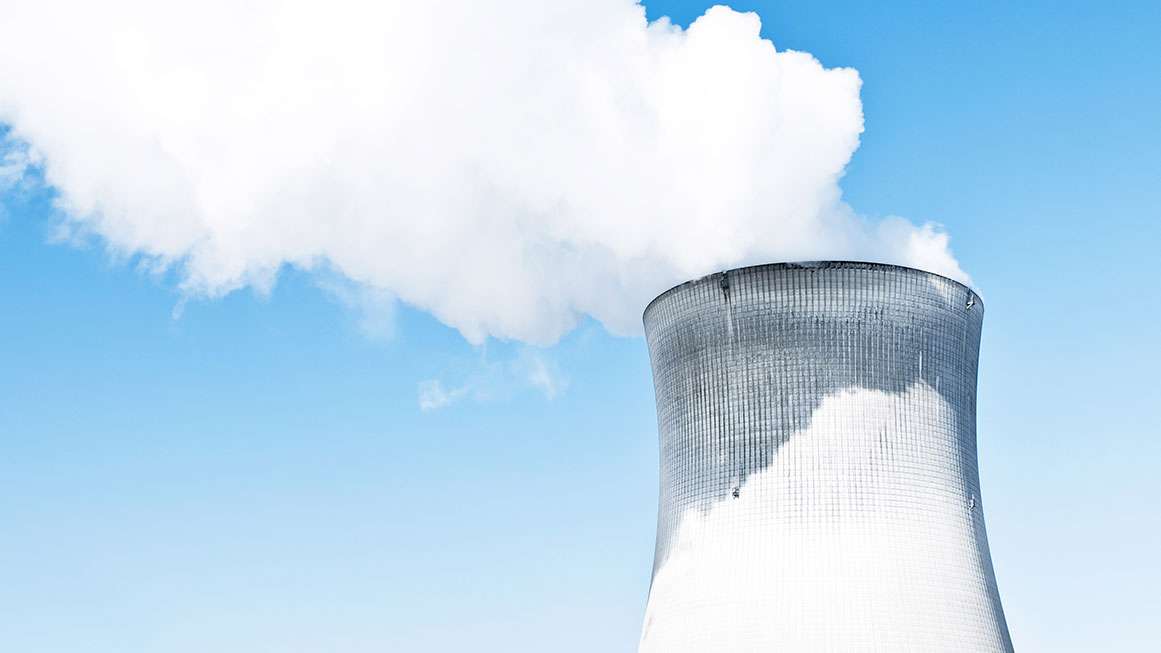The nuclear power plant meltdown in Chernobyl in 1986 led to a decrease in the construction of new nuclear power plants, resulting in increased air pollution from fossil fuel-fired plants. A recent study by the National Bureau of Economic Research (NBER) suggests that this air pollution caused more deaths than the Chernobyl meltdown itself.
The study found that new nuclear plant construction halted after Chernobyl, with projections indicating that the US would have built over 170 new reactors by now if previous trends had continued. Currently, only 20% of US electricity is generated by nuclear plants.
Studies show that air pollution is a significant health hazard, causing millions of premature deaths globally each year. In contrast, the number of deaths associated with nuclear power generation is minimal, with incidents like Three Mile Island and Fukushima causing very few fatalities.
The report by the United Nations’ Scientific Committee on the Effects of Atomic Radiation stated that the health consequences of the Chernobyl accident were not as severe as initially feared for most of the population exposed to radiation.
The NBER economists found that nuclear power plants help reduce air pollution, potentially saving hundreds of thousands of life years. They estimate that the decline in nuclear power plant construction post-Chernobyl has led to the loss of millions of life years globally.
While the researchers acknowledge that their estimates are hypothetical, they believe that continued growth in nuclear power plants could have significantly reduced air pollution and its associated health risks.
This article originally appeared in print under the headline “Nuclear Power Saves Lives.”






